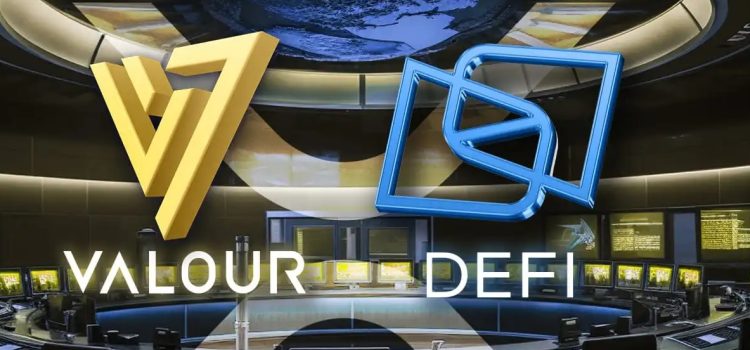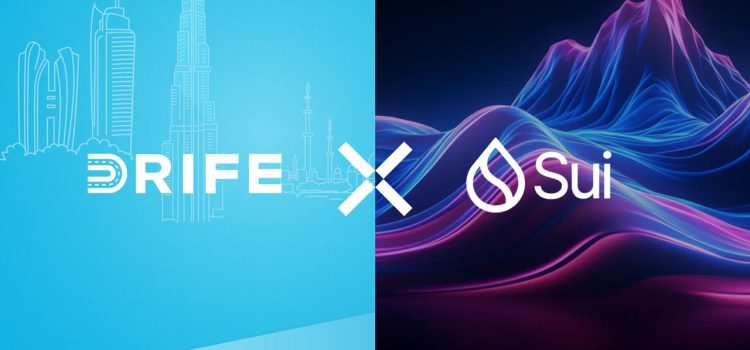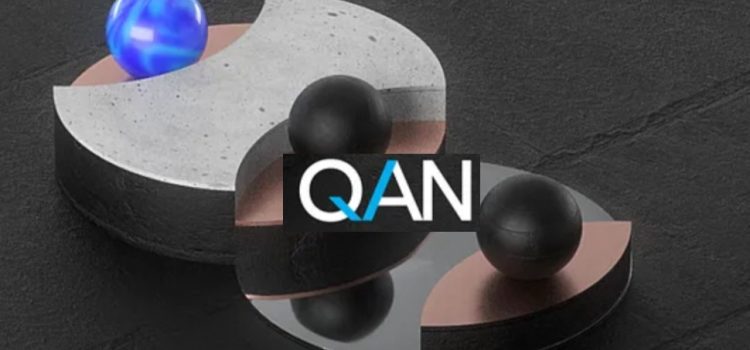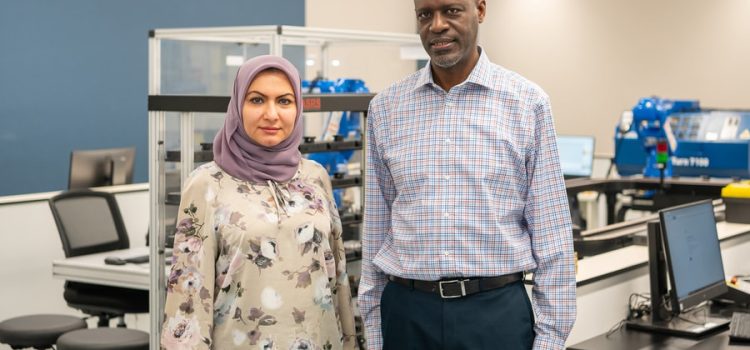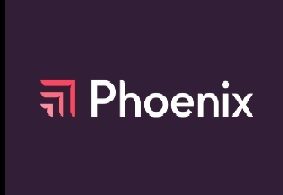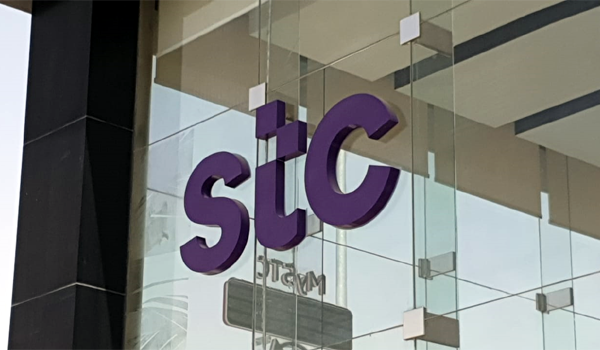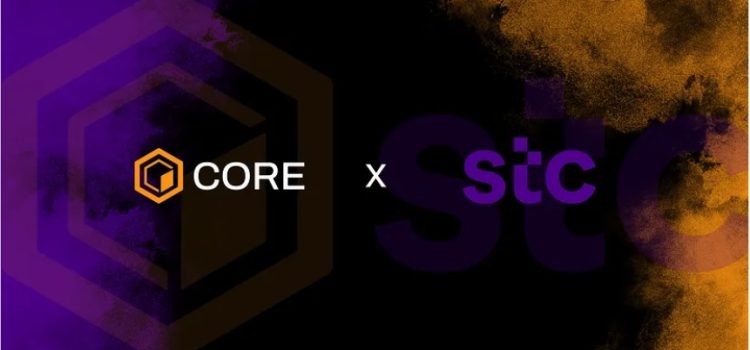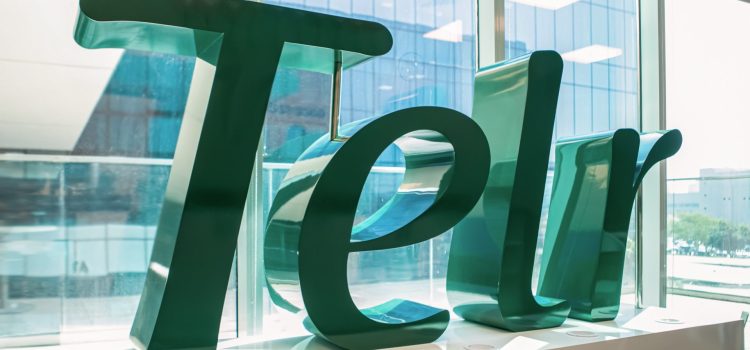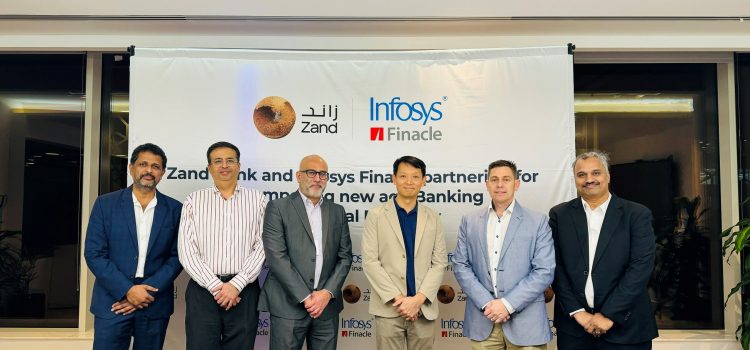
Valour, issuer of exchange trade products (ETP) simplifying the access to digital assets, and a subsidiary of DeFi Technologies Inc, a financial technology company that bridges the gap between traditional capital markets, Web3 and decentralized finance, has opened a trading desk in the UAE.
Valour issues exchange traded products (“ETPs”) that enable retail and institutional investors to access digital assets like Bitcoin in a simple and secure way via their traditional bank account
According to the press release, this initiative marks a significant stride in the Company’s mission to enhance global accessibility to regulated digital assets and underscores its commitment to global growth through Valour and Valour Digital Securities Limited’s exchange-traded products (“ETPs”).
This expansion into the Middle East is a key element of Valour’s strategy to increase its product offerings and global footprint. The UAE was specifically chosen for its progressive regulatory environment, high cryptocurrency adoption rate—where an estimated 27% of the population engages in crypto ownership — and its embrace of blockchain technology across multiple sectors. These factors make it an ideal location for fostering growth and extending Valour’s reach into new markets.
As part of this strategic initiative, Valour aims to expand its assets under management (“AUM”) by launching 15 new ETP products in 2024, in addition to the 17 already listed in Europe, followed by another 30 in 2025. This ambitious expansion plan capitalizes on the growth potential of the digital asset ecosystem, demonstrating Valour’s commitment to innovation and its leading role in the digital asset market.
Olivier Roussy Newton, CEO of DeFi Technologies, commented, “The launch of our trading desk in the UAE signifies a pivotal moment for both Valour and DeFi Technologies as we expand our global outreach. This is more than just entering a new market; it’s about integrating into a dynamic and evolving financial landscape that the Middle East represents. We are excited to embark on this journey, leveraging the UAE as a gateway to broader horizons and setting the stage for growth and opportunity.”
The establishment of a trading desk in the UAE represents the first phase of Valour’s plans for geographical expansion. Valour is ideally positioned to leverage the increasing global demand for regulated and trusted access to digital assets and the rapidly expanding Web 3 ecosystem.
With a dedicated focus on industry-leading Web3 technologies, DeFi Technologies aims to provide widespread investor access to the future of finance.








